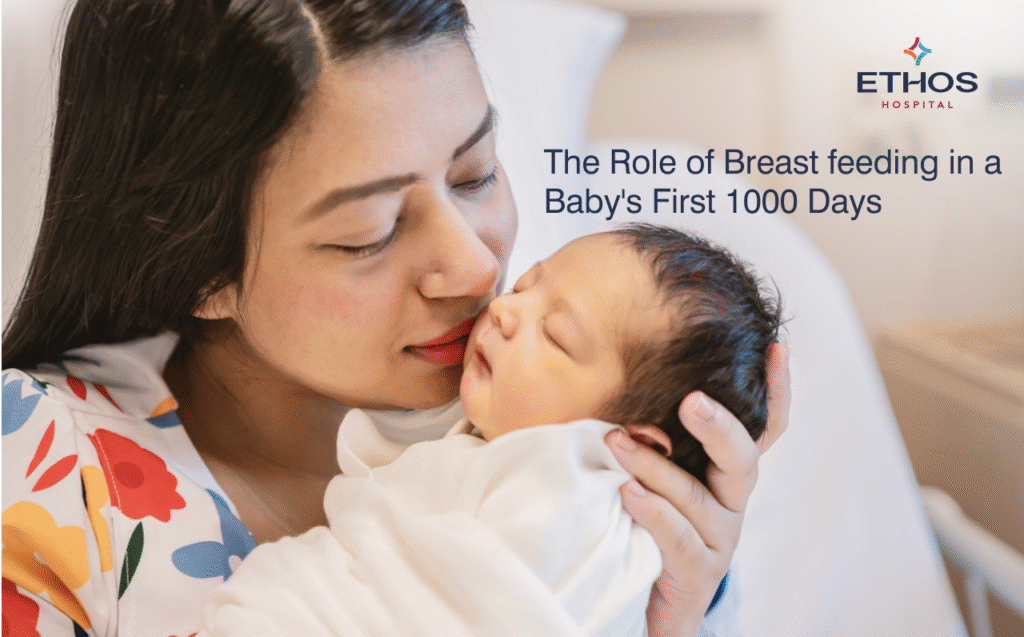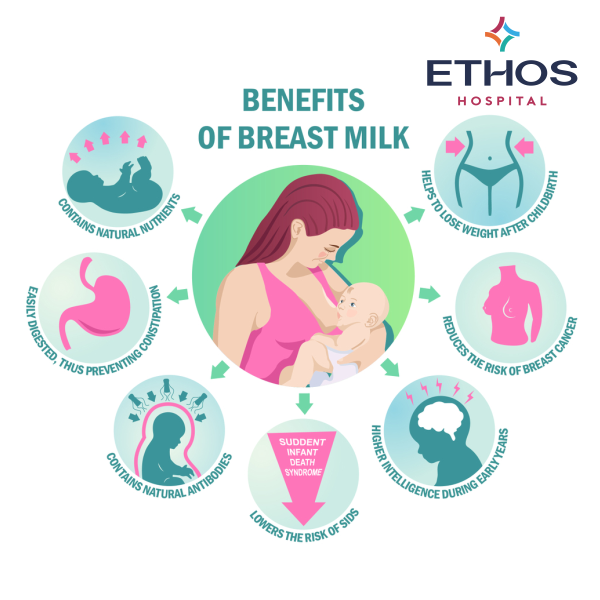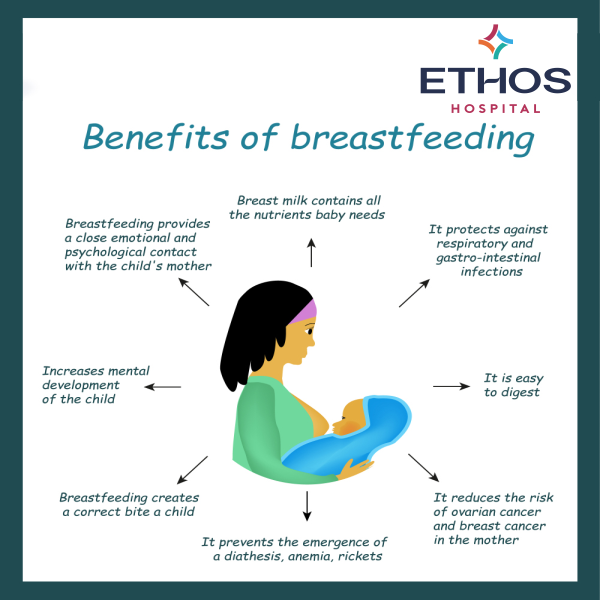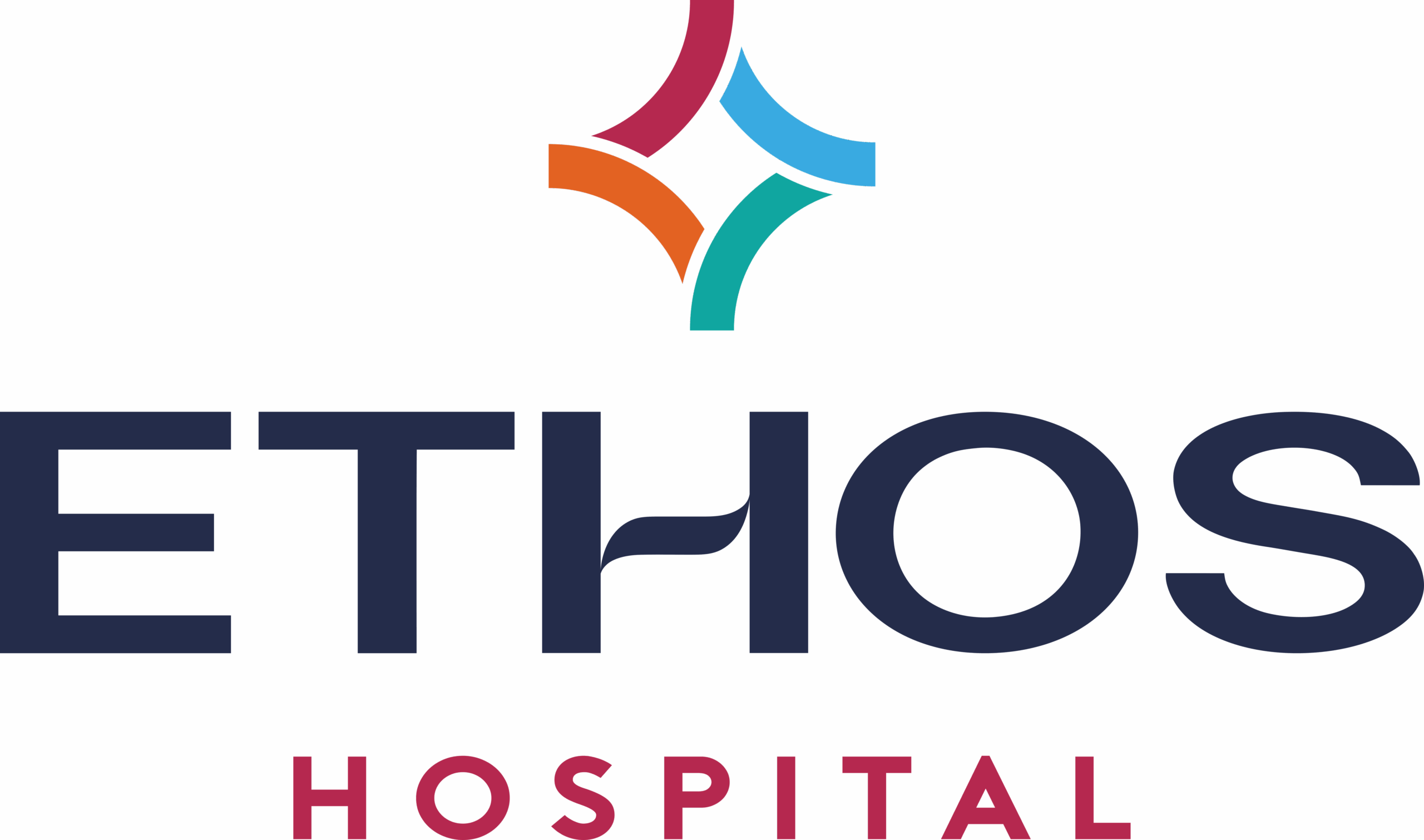The first 1000 days of life – from conception through a child’s second birthday – lay the foundation for lifelong health, growth, and development. This “golden window of opportunity” is when the brain develops rapidly, the immune system is programmed, and physical growth is most significant. Nutrition during this critical phase plays a pivotal role in shaping not just immediate survival, but also long-term health outcomes, cognitive abilities, and disease resistance. Among all forms of nourishment, breastfeeding is considered one of the most effective ways to give infants the best possible start in life.

WHY THE FIRST 1000 DAYS MATTER
The first 1000 days are much more than just a developmental phase; they represent the cornerstone of a child’s future wellbeing. The nutrition a child receives during this time determines growth milestones, mental development, and resilience against illnesses. Inadequate nutrition can lead to stunted growth, weaker immunity, and long-term risks such as diabetes and heart disease. On the other hand, adequate and appropriate nutrition gives children a strong foundation for learning, better productivity, and improved health throughout life.

BREAST MILK: NATURE’S SUPERFOOD
Breast milk is often described as “living food” because of its dynamic, adaptive composition. It provides the perfect balance of proteins, fats, carbohydrates, vitamins, and minerals, tailored exactly to the baby’s age and changing needs.
- Colostrum, the thick yellowish milk produced in the first few days after birth, is rich in antibodies and acts as a baby’s first vaccine, strengthening the newborn’s defence system.
- Mature milk, which follows, supports sustained growth, brain development, and energy needs as the child grows.
Unlike formula, breast milk is easier to digest, reduces the risk of diarrhoea and respiratory infections, and evolves naturally to match the baby’s nutritional requirements.

FUEL FOR BRAIN DEVELOPMENT
During the first two years, a baby’s brain grows more rapidly than at any other time in life. Breast milk contains essential fatty acids like DHA, which are vital building blocks for brain and retinal development. Studies show that breastfed babies often perform better in cognitive tests, exhibit stronger memory and learning skills, and have improved educational outcomes later in life.
In addition to the nutritional benefits, the act of breastfeeding itself promotes skin-to-skin contact, fostering emotional bonding and psychological security. This nurturing environment supports not just intellectual development but also social and emotional growth.

PROTECTION AGAINST ILLNESS AND CHRONIC DISEASE
One of the most remarkable aspects of breastfeeding is the natural immunity it provides. Antibodies passed from mother to child help protect babies against common infections, including ear infections, pneumonia, and gastroenteritis. Exclusive breastfeeding during the first six months is particularly effective in reducing infant mortality caused by preventable diseases.
The long-term benefits are equally significant. Exclusive breastfeeding has been linked to a reduced risk of obesity, type 2 diabetes, cardiovascular diseases, and certain allergies in adulthood. For mothers, breastfeeding lowers the risk of breast and ovarian cancers, supports faster postpartum recovery, and can reduce the likelihood of developing type 2 diabetes and heart disease later in life.

EMOTIONAL AND PRACTICAL ADVANTAGES
Beyond its health benefits, breastfeeding also offers emotional and practical advantages. Babies who are breastfed experience greater comfort and security, leading to better sleep patterns and reduced irritability. For mothers, breastfeeding fosters a deeper emotional connection with the baby, strengthening the mother-child bond in the early years.
From a practical perspective, breastfeeding is cost-effective and environmentally friendly. Unlike formula feeding, it requires no preparation, sterilisation, or expense, making it the most sustainable feeding method for families and communities.

BUILDING A STRONG FOUNDATION
Breastfeeding is more than just a feeding choice; it is a cornerstone of healthy development in the first 1000 days of life. It influences survival, growth, intelligence, emotional wellbeing, and long-term health. Experts recommend exclusive breastfeeding for the first six months, followed by continued breastfeeding alongside safe and appropriate complementary foods up to two years or beyond.
Supporting mothers in this journey is crucial. With the right guidance, encouragement, and medical support, families can overcome challenges and embrace breastfeeding as the natural, powerful tool it is for nurturing a child’s future.
CONCLUSION
The first 1000 days are an irreplaceable opportunity to give children the strongest start in life, and breastfeeding plays a central role in maximising this potential. It is not just nourishment but a lifelong investment in health, intelligence, and emotional strength.
For further details, personalised guidance, or any concerns about breastfeeding, you can approach the leading gynaecologists at Ethos Hospital, where expert care and compassionate advice are always available to support mothers and their little ones.




